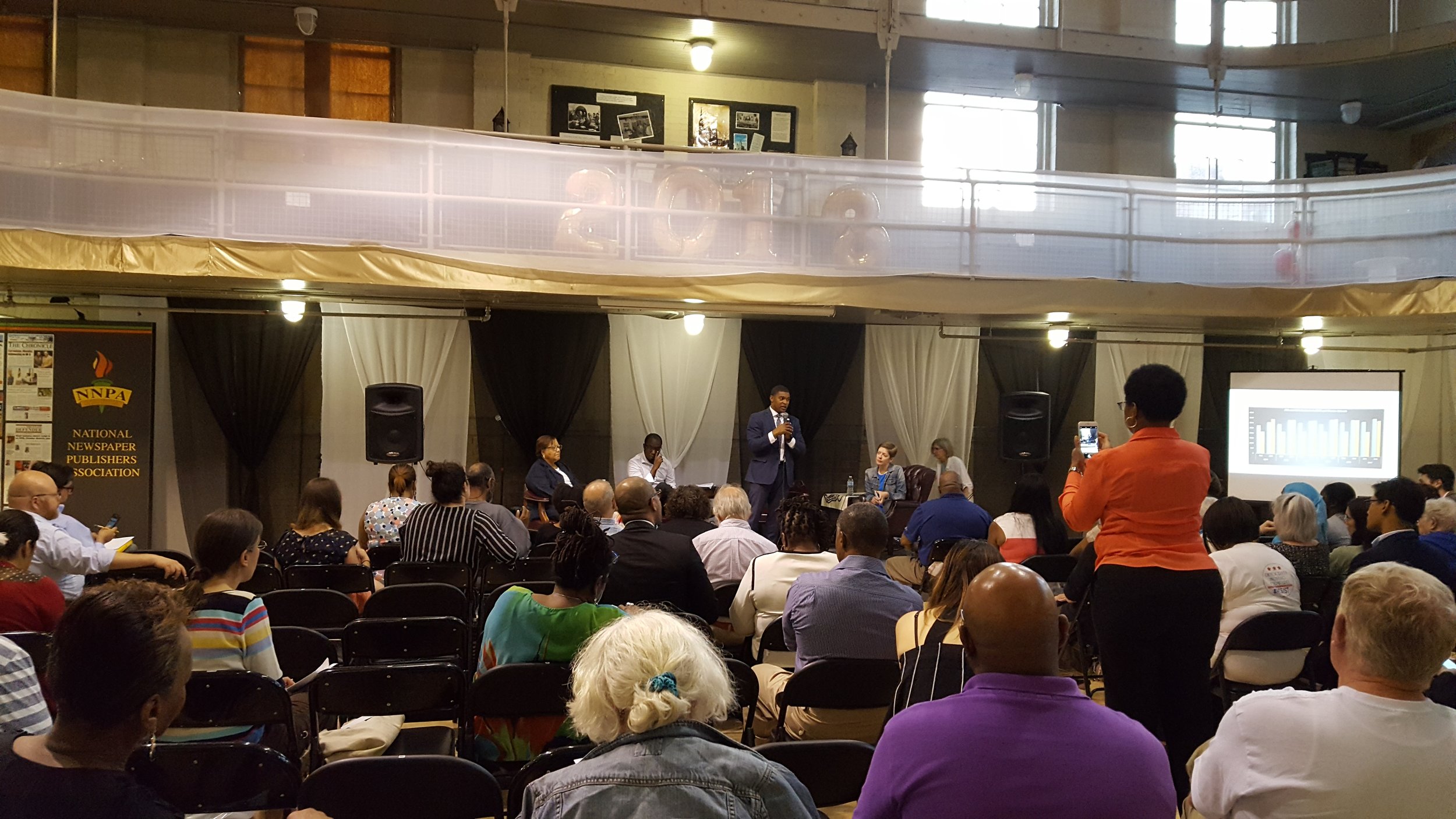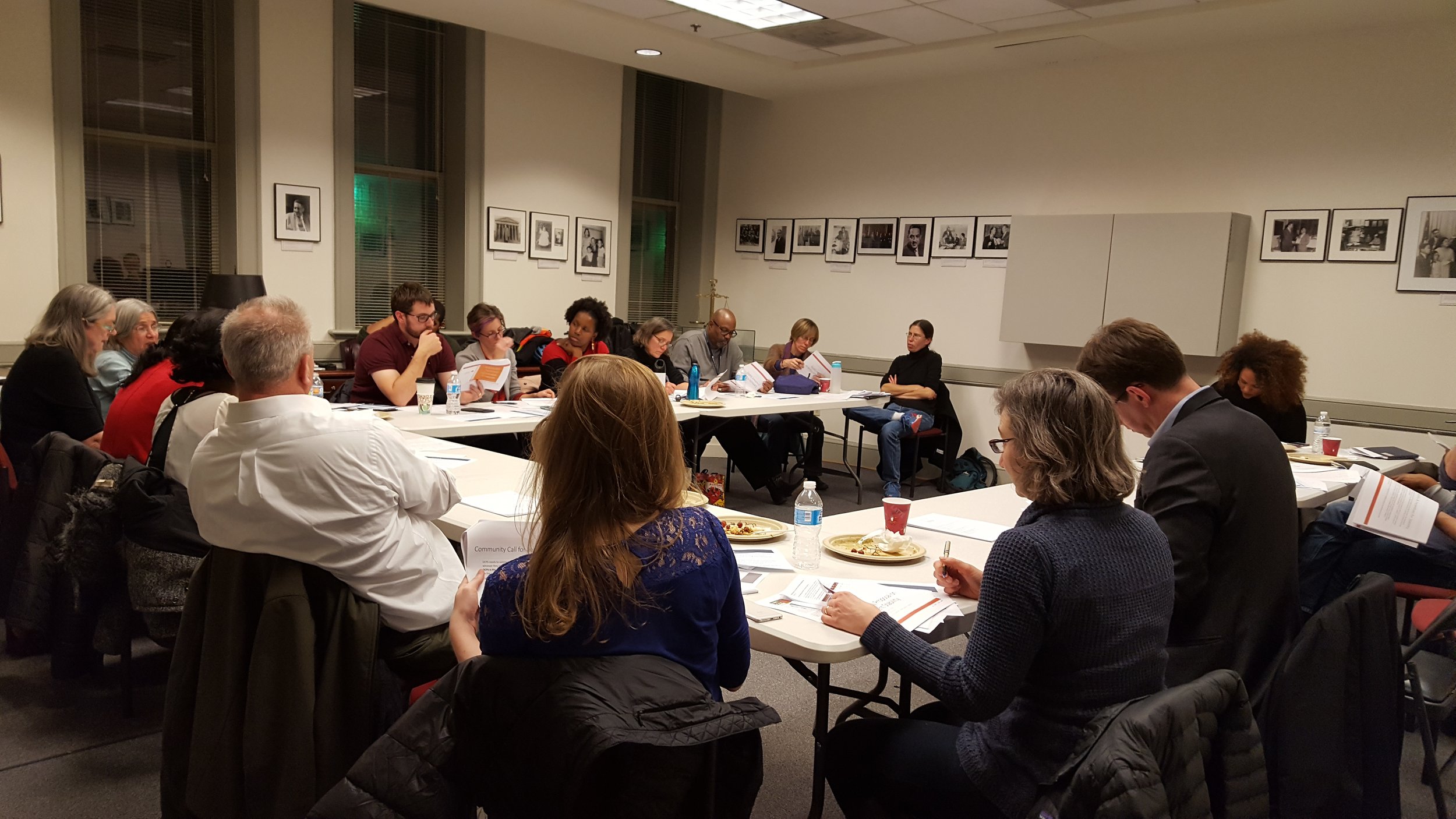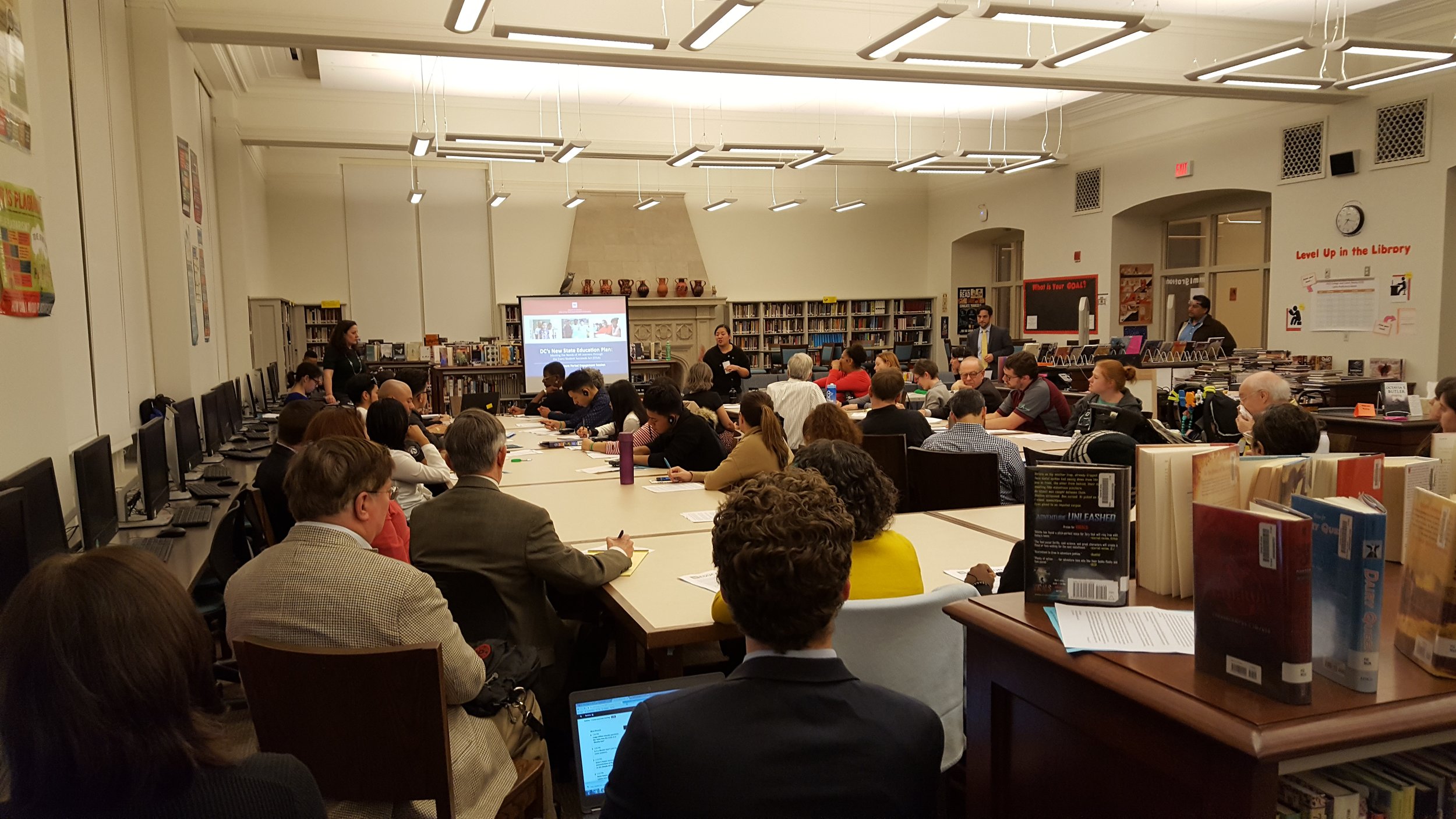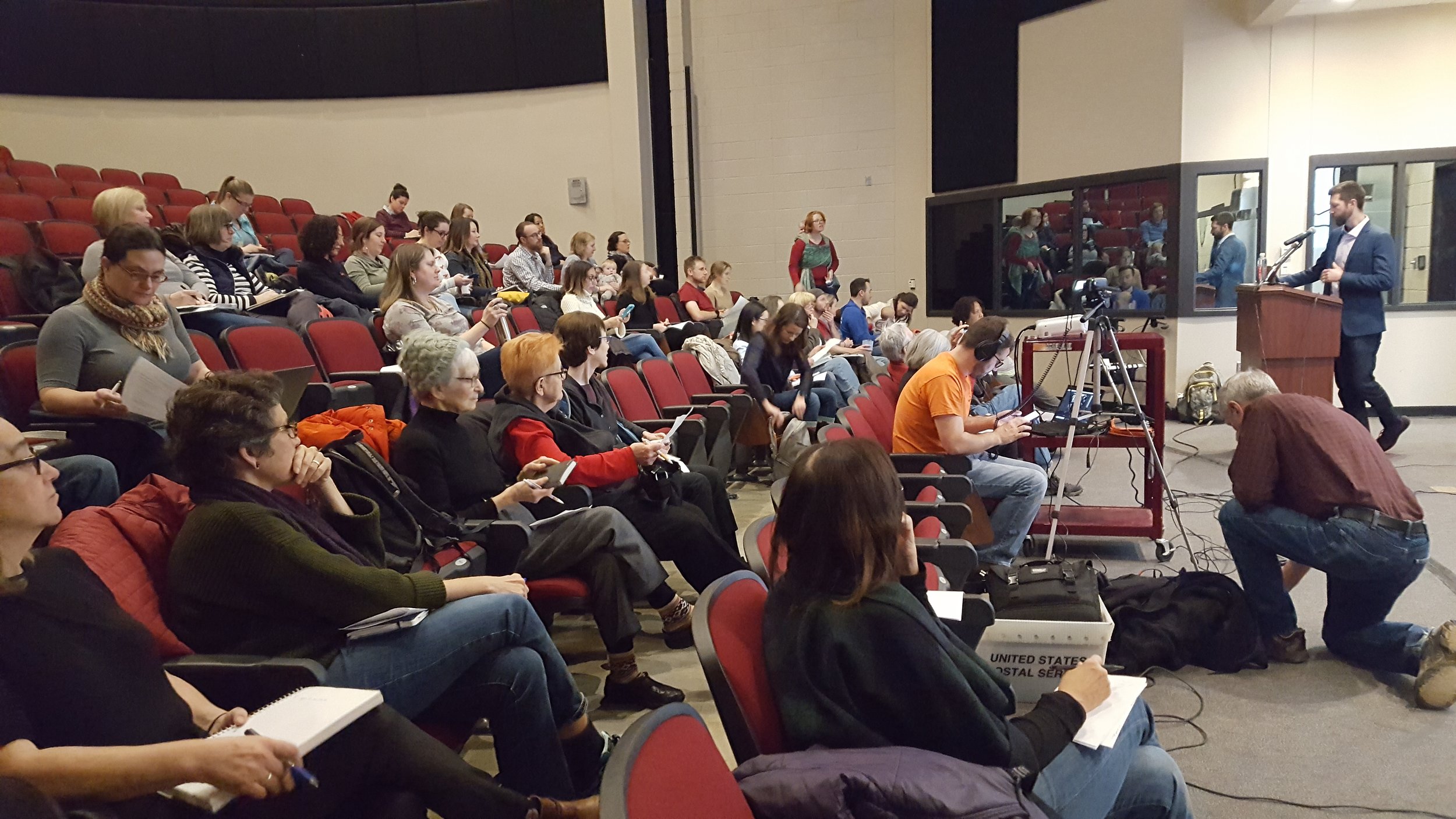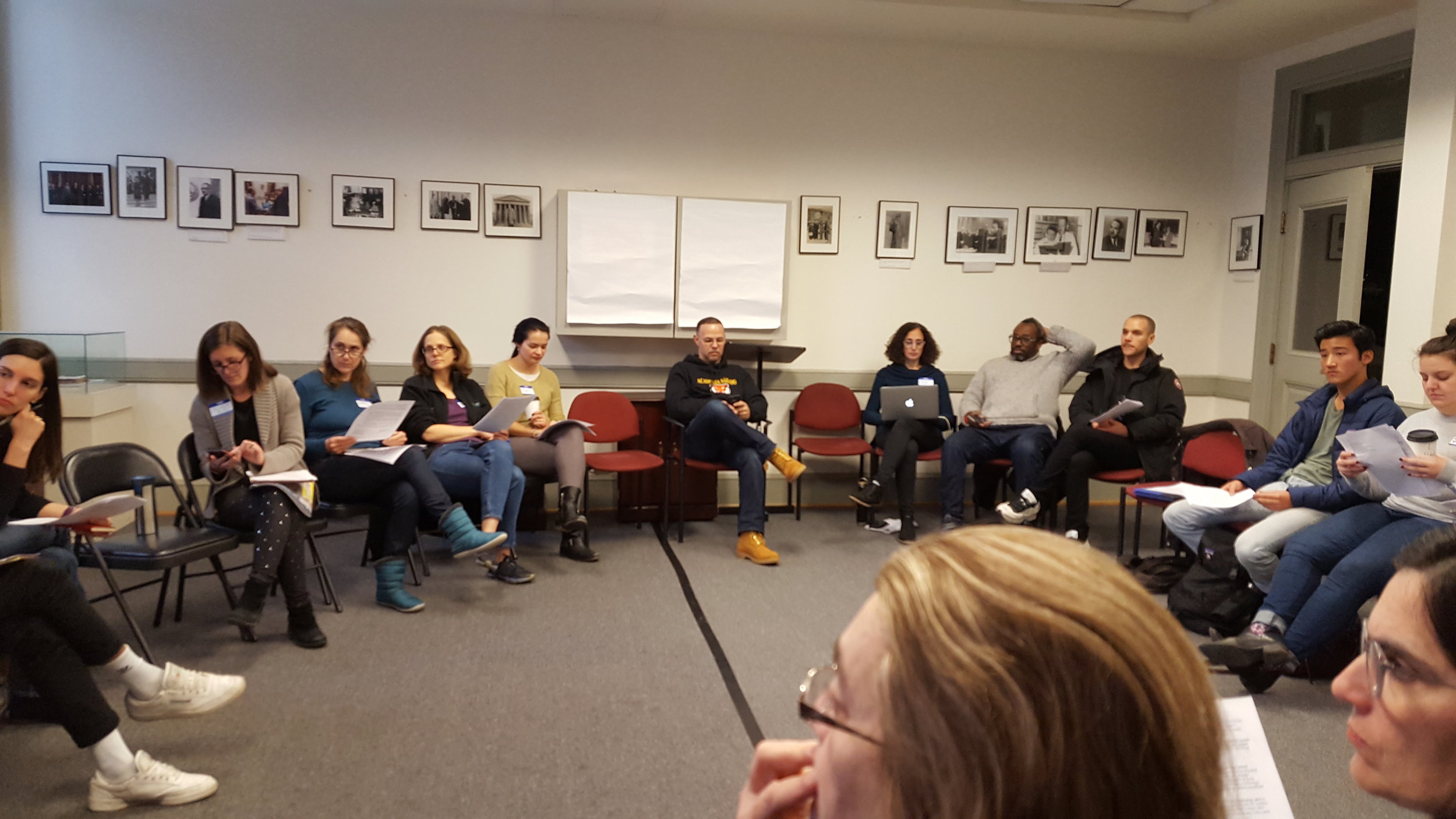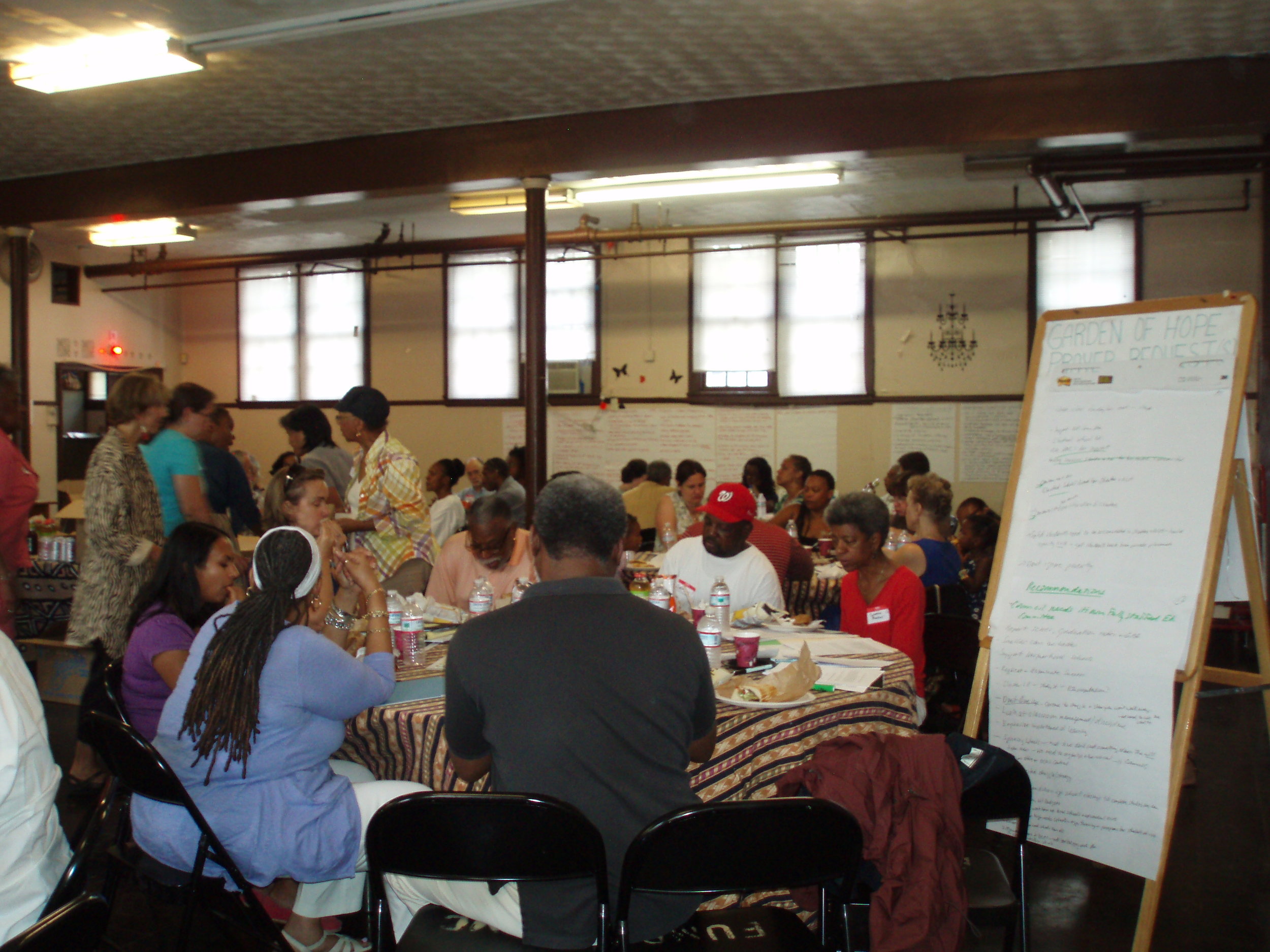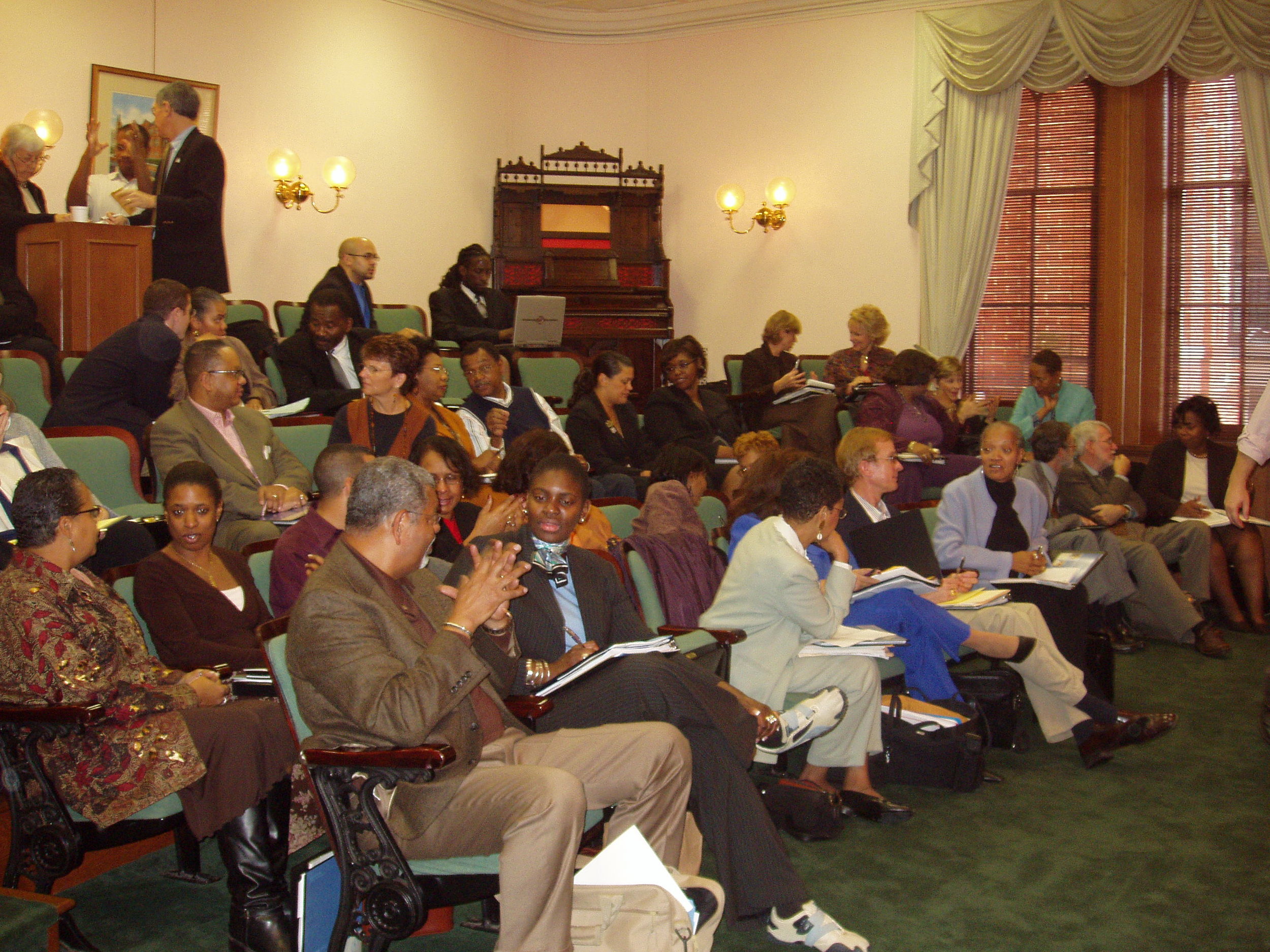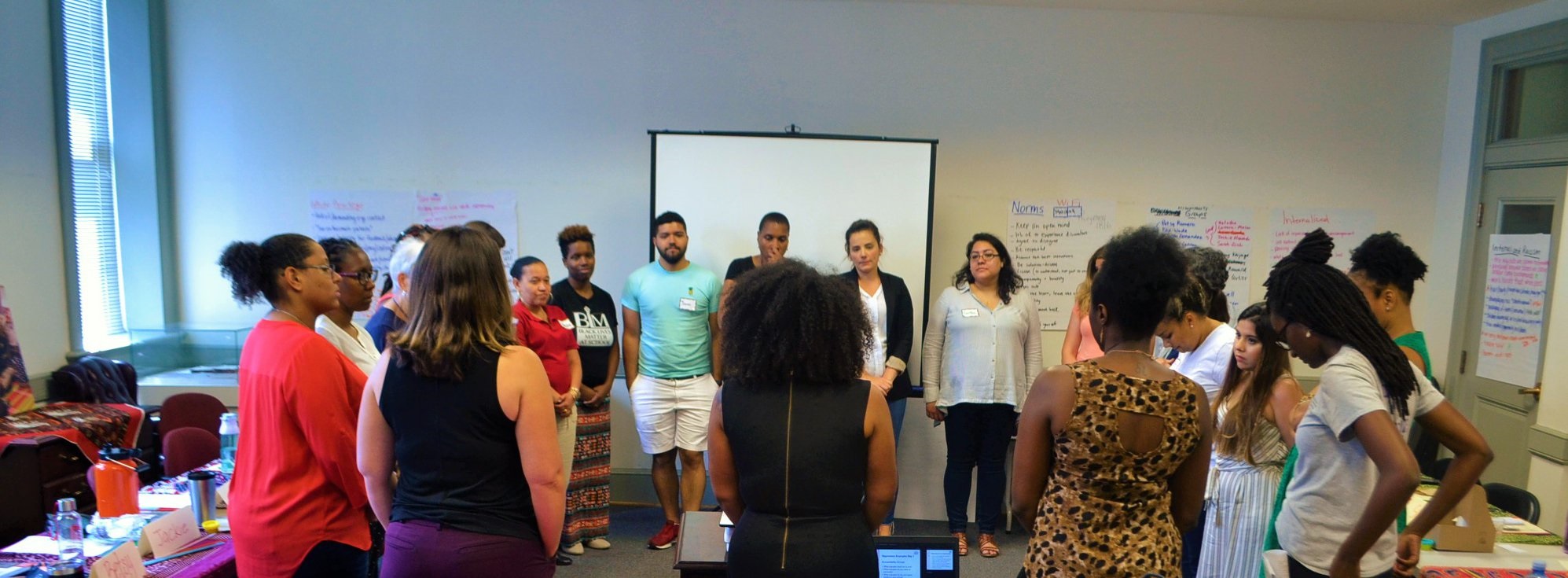Testimony submitted to Council on WTU Contract for 2023-2-1 Hearing
/We support the Council approving the negotiated WTU contract to better support their members- the DCPS teacher corps.
The request the Council has received from 60 of the Charter LEAs for “equal, proportional funding” to cover the retroactive pay increases negotiated by the WTU and DCPS teachers is a clear sign that it is time for the city to re-examine the efficacy of how it organizes its publicly funded pre-K through adult education schools. With the proliferation of LEAs we believe the city is paying too much on a number of fronts to support so many different school systems.
Thirty years ago, it was not envisioned that in D.C. there would be 69 different local education agencies (DCPS is one LEA and the charter sector has 68 LEAs) with 249 schools serving over 90,000 students. The Council appropriates nearly $2.5 billion annually for DCPS and charter LEAs. One billion of this is going to private non-profit organizations that are charter LEAs. The charter schools were to complement the by right system of public schools as were all citywide schools. There were a number of assumptions and promises made with the start of what was a reform initiative that we want the city to evaluate.
For now, we stand by our memo of January 12th. We do not believe that the retroactive funds in the WTU contract allocated specifically for DCPS teachers (as described in the contract) should be disbursed to the charter LEAs. UPSFF funds going forward for both sectors will be part of the FY24 budget discussions and will thus apply to all LEAs.
The Chairman asked the City Administrator what the plan was for equal proportional funding for the Charter sector based on the WTU contract at the hearing on February 1, 2023. This is not legally required, as noted in our memo. In fact, the 69 LEAs are not equal. They don’t always have access to equal funds as we saw with the Paycheck Protection Program funds during the pandemic where many charter schools received funding, while DCPS could not. They have all made different allocation decisions.
The Mayor’s contract negotiation was with one LEA, which is DCPS, based on need. DCPS is the public system that along with other public sector employees in the city has a union that negotiates with their management and the executive over pay and benefits. The WTU negotiation was specifically for teacher compensation through this year, not dependent on enrollment, but linked to specific people based on the failure to have a new compensation contract. Further it is linked to information on who was employed in each year, at what salary, whether they were in specific positions, who retired and who may have died.
The charter schools have not established the need for additional funds, and there is no record of whether ESSR funds or even PPP funds were allocated to pay for teachers. None of the individual teacher details are known for the charter schools. The salary and benefits for charters are not part of the WTU contract. Granting the charter request, not linked to specific information, could entail needing to find 700m to 900m additional dollars through FY26. Thus, should the Executive or the Council decide to pursue funding charter teachers individually for retroactive and benefit pay for 2019 through 2023 in line with the negotiated contract with DCPS teachers, there have to be requirements.
One example would be that the Executive chooses to have a contract with each of the LEAs for their teachers as they did with the DCPS LEA, using the same information ( i.e., current salary, who was employed in different years, etc.) and whether raises were given. The same level of checks on validity should apply. According to the City Administrator, this is a 6- step process and it would be proportional to their current salaries. There would be an examination of what this means for organized labor and how binding detailed agreements with each LEA concerning their teacher labor force would work.
Regarding the sources of funding, the savings in DCPS from vacancies and other categories is the first way cited to pay for this contract. This commitment will come at a cost to DCPS. This is over 22 million in FY23 and over 100 million by FY26.
The 68 different charter schools have a wide range of unrestricted cash on hand, ranging from only cash on-hand for 24 days of operation up to one LEA with 692 days of cash on hand (according to page 13 on the most recent Financial Analysis Report). This may have increased with ARPA funding available to them. Combined, all of the charter LEAs had over $400 million of cash and cash equivalents in reserve. The charter LEAs are not equal. If the Executive or the Council is to consider the idea of paying funds to other LEAs, they should ensure that schools with funds on-hand pay out from them first similarly to the way DCPS is. This will not be the same amount from each LEA but reflective of what it has. It is all public money.
The decision to do this for the charter sector in 2017 is not precedent, was for far less money and was distributed to the charter sector LEAs by enrollment and not specifically for teachers. As noted in 2017 “the Collective bargaining agreement does not require the District to pay teachers or other personnel of charter schools.” At that time the increases were paid out of UPSFF funds and thus went to charter schools. They were not restricted, charter schools individually determined how they wanted to use the funds. DCPS as an LEA is not receiving unrestricted funds nor did they in 2017 and they are not and were not tied to enrollment. Any funds that are considered for charter schools should be for teachers and have the same process.
Pay and benefits in the Collective Bargaining Agreement that cover 2019 through this year are for specific individuals and were negotiated by one of 69 LEAs - the publicly managed DCPS. Whatever you decide, it has to be specific to LEA, aligned with demonstrated facts on salary,raises, and existing resources as it is for DCPS, and by teacher not enrollment.
Our larger point is that our education system needs an evaluation in order to ensure that our dollars are going equitably to serve all of our city’s children with rich and full programming and that we are paying fairly. The charter sector’s claim is that their success is dependent on being privately run and being outside the public sector. There are costs and benefits to that claim. We believe it is time to evaluate and amend that arrangement to be more efficient and even more effective.
